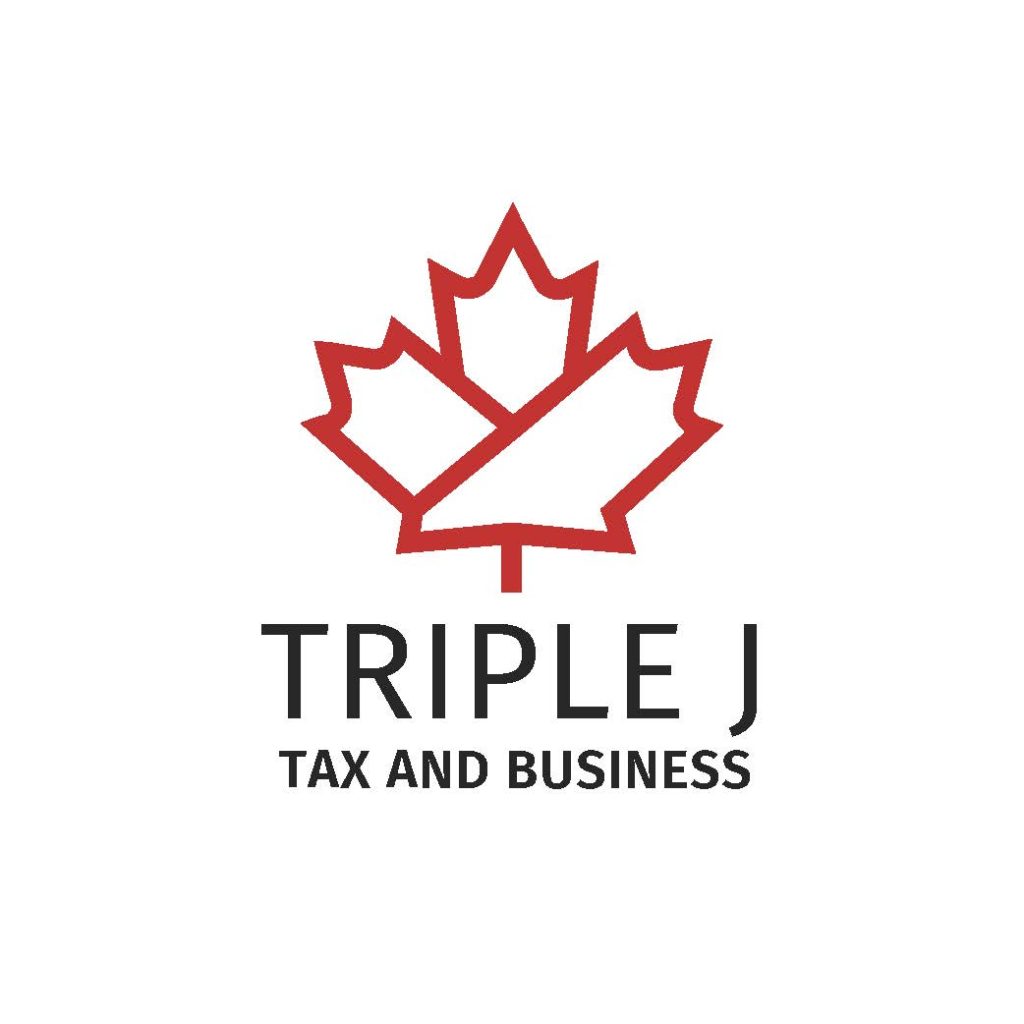Small business accountant & bookkeeping providers in Toronto & Mississauga
2025 Tax Policy Updates
What’s new in the current Tax Season?
The following describes some legislative changes which may mostly affect your personal tax:
For individuals (other than trusts), the 2024 personal tax filing due date is April 30, 2025. We provide both walk-in in-person tax services and remote tax services. If you choose to do personal tax remotely, please click TRIPLE J TAX ONLINE (use laptop or desktop), create your account, and upload your slips and recepts online to allow us to process your tax in a new way. For technical support, please call us at 647-388-9717 or email us tax@jjjcanada.com

Basic personal amount
(line 30000) – The amount has increased to $15,705.
Age amount
(line 30100) – The maximum amount has increased to $8,790.
Home Buyers’ Plan withdrawals
The HBP withdrawal limit has increased from $35,000 to $60,000 withdrawals made after April 16, 2024. In addition, temporary repayment relief was introduced to defer the start of the 15-year repayment period by an additional three years for participants making a first withdrawal between January 1, 2022, and December 31, 2025. Accordingly, the 15-year repayment period will start in the fifth year following the year that the first withdrawal was made.
Canada pension plan (CPP) and Quebec pension plan (QPP) enhancement
A second CPP/QPP contribution limit was introduced January 1, 2024. This new limit, or second earnings ceiling, subjects worker’s earnings to two earnings limits. Employees and employers each contribute an additional 4% on earnings above the first earnings ceiling, up to the amount of the second earnings ceiling. This amount is reported in box 16A (CPP) or box 17A (QPP) of your T4 slip. For self-employment income and other earnings, the rate for second additional contributions is 8%.
Short-term rentals (T776)
A non-compliant short-term rental is a short-term rental that:
- is located in a province or municipality that does not permit short-term rentals to operate at that location; or
- does not comply with all applicable provincial or municipal registration, licensing and permit requirements for operating a short-term rental.
As of January 1, 2024, individuals are no longer able to deduct expenses related to non-compliant short-term rentals. This change applies to all expenses, including interest expenses, incurred after 2023 to earn income from operating non-compliant short-term rentals.
EFILE for non-residents
The EFILE service will begin to also accept, and process returns for deemed residents of Canada, emigrant taxpayers and section 116 returns.
Volunteer firefighters’ amount (VFA) and search and rescue volunteers’ amount (SRVA)
The VFA and SRVA have increased from $3,000 to $6,000 for eligible individuals who performed at least 200 hours of combined eligible volunteer service during the year.
Ontario Seniors care at home tax credit
Ontario residents who are 70 years of age or older or have a spouse or common-law partner who is 70 years of age or older can receive up to 25% of their claimable medical expenses, for a maximum credit of $1,500.
Ontario health premiums For tax year 2024 and subsequent, the OHP will be calculated based on the sum of the following: the taxpayer’s taxable income reported at line 26000, and the taxpayer’s split income deduction claimed at line 23200 (line 68360 of Form T1206, Tax on Split Income), if any.
Ontario tax reduction Low-income individuals and families tax (LIFT) credit For tax year 2024 and subsequent, the deceased individual or their surviving spouse or common-law partner will: claim the Ontario tax reduction as if they were a single individual not include their spouse’s or common-law partner’s income when calculating their adjusted family net income for the purpose of their respective Ontario LIFT credit.
Multigenerational home renovation tax credit (MHRTC) (Schedule 12) – a new refundable tax credit that allows an eligible individual to claim certain renovation costs to create a secondary unit within an eligible dwelling so that a qualifying individual can reside with their qualifying relation.
A secondary unit:
- Is a self-contained housing unit with a private entrance, kitchen, bathroom and sleeping area
- Is newly constructed or created from an existing living space that did not already meet local requirements to be considered a secondary dwelling unit
- Meets applicable local requirements, permits, codes and by-laws
A qualifying individual is either:
- 65 years of age or older at the end of the renovation period tax year
- 18 to 64 years of age and eligible for the disability tax credit (DTC) at any time in the renovation period tax year
If eligible, you can claim up to $50,000 in qualifying expenditures for each qualifying renovation completed, up to a maximum credit of $7,500 for each claim you are eligible to make.
| Qualifying expenditure | Expenses that do not qualify |
|
|

